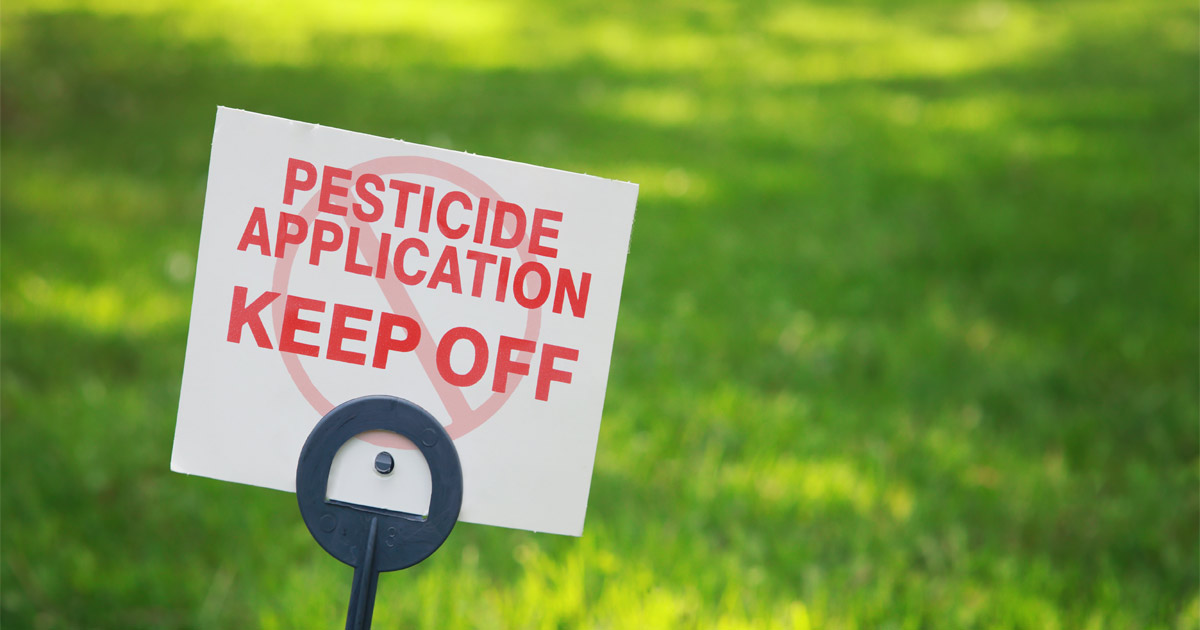MENU
- Home
- Overview
- Attorneys
- Practice Areas
- Firm News
- Blog
- Contact

The COVID-19 pandemic has caused job loss, illness, and death around the world. At the same time, there are many unintended consequences tied to the response to the novel coronavirus. One of the most striking problems is the global mask shortage and how it impacts those who wear face masks outside the medical field. Farmers have been hit hard by the global mask shortage, and their plight should be taken seriously as they attempt to feed the population.
One of the first things that happened in the wake of the COVID-19 pandemic was the shortage of toilet paper. This basic need for common household supplies is completely understandable, but it was not a sustained panic. As the population calmed down, stayed home, and changed routines, masks and hand sanitizer became a serious household need that was often difficult to find or afford.
Even if the population remains as clean as possible, the Center of Disease Control (CDC), the World Health Organization (WHO), along with local and national governments, have urged citizens to wear face masks in public. A shortage on face masks began, and now they are sold in stores around the world as readily as anything else. Consumers are buying masks online, and companies are stockpiling masks for workers.
Agriculture, however, was left out of the loop. Farmers and their farmhands work in fields everyday and use pesticides to protect their crops. To protect themselves from pesticides, farmers must wear face masks.
The WHO estimates that the COVID-19 pandemic has accelerated the need for and consumption of personal protective equipment (PPE) 100 times over. Companies that produce face masks have experienced a financial windfall that is practically unmatched. These companies, however, cannot keep up with demand. Manufacturers have also stated that they may not be able to keep up with demand for quite some time.
This shortfall directly impacts farm workers who must wear N95 masks if they are working with and around pesticides. Farmers could not have imagined how much the pandemic would change how they operate.
Farmers and their farmhands are considered essential workers by the Department of Homeland Security, and these farmers have been working consistently as the COVID-19 pandemic happens around them, their communities, and sometimes their farms. If farmers do not have the masks they need to continue, they still need to work because crops could die, and they will lose money, and the population will not have food to eat.
Farmers are left in a precarious position because they are keenly aware that they should be using face masks at work every day, regardless of what is going on around them.
Farmers need face masks because they routinely come in contact with pesticides on the job. Even if farmers are not spraying pesticides, they are working in fields where pesticides have been used, or they are using machinery that has pesticide residue lingering on surfaces. Additionally, farmers may even work in areas where pesticides could be blown downwind to their location.
Farmers might work in facilities where pesticides are stored nearby, or they may need to pick up large shipments of pesticides, handle them, and store them. Essentially, anyone who works on a farm will be exposed to pesticides one way or another.
Pesticides have been linked to a range of conditions, including:
Farmers may develop occupational asthma that was brought on by the chemicals they breathe in at work. This condition causes the lungs and air pathways to constrict and makes it difficult or impossible to breathe. Additionally, sufferers may need to carry a rescue inhaler for the rest of their lives because asthma attacks are unpredictable. Farmer’s lung is known as hypersensitivity pneumonitis in medical circles. Farmers could also develop COPD, which is most common in lifelong smokers, or they might develop lung cancer due to long-term exposure.
Additionally, farmers are at greater risk of contracting the novel coronavirus. Anyone who is immunocompromised can get sick easily, and farmers often work in crowded areas where they cannot avoid human contact. Moreover, farm workers often live in temporary quarters that can act as breeding grounds for diseases, including COVID-19.
Pesticide exposure causes a range of symptoms that could easily be confused with the common cold or even the flu. Since some Americans ignore minor illnesses or symptoms, farmers might miss the signs of pesticide exposure, which include:
If you or anyone working with you notices these symptoms, you should seek medical treatment as soon as possible. Also, it is beneficial to seek legal counsel, an experienced lawyer will help determine if you eligible for filing an environmental toxic tort claim. Confronting your pesticide exposure is better than allowing the problem to grow into a more severe condition.
First, employers are required by law to provide PPE to their employees. This leaves farmers in bad situations. They could be in violation of federal law if they cannot find masks during this shortage. The U.S. government often recommends that farmers use engineering to disperse pesticides safely. Farmers could use microbial pesticides that do not contain harmful chemicals, or they may introduce insects to their crops that will kill crop-eating pests.
Farmers should not allow their employees to use bandannas or cloth masks in the field, and all N95 masks should be discarded at least every eight hours. A mixture of safe practices and new farming techniques will protect farm workers and will help combat problems during the mask shortage.
If you have been exposed to pesticides or are at risk for developing COVID-19 on the job, reach out to our professional Delaware environmental lawyers at Jacobs & Crumplar, P.A. We can review your case and potentially file an environmental toxic tort to recover damages. Call us at 302-656-5445 or contact us online for a free consultation. Located in Wilmington and Millsboro, Delaware, we proudly represent clients throughout Dover, New Castle County, and Sussex County.